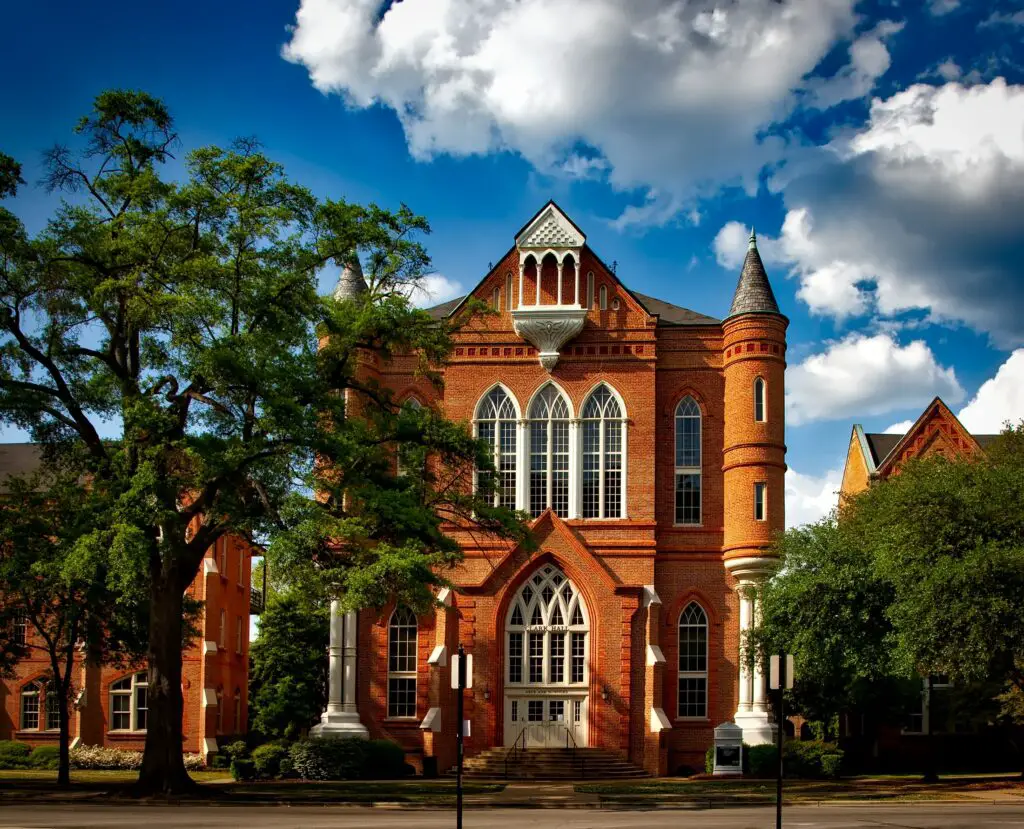Chamberlain University is a private for-profit university in the United States that specializes in nursing education. It was founded in 1889 and has grown to become one of the largest nursing schools in the country. As with any university, Chamberlain has its share of advantages and disadvantages. In this answer, we will explore the pros and cons of Chamberlain University in detail.

Pros:
- Specialized focus on nursing: Chamberlain University is exclusively dedicated to nursing education. This means that the university provides a more focused and specialized education in the field of nursing, as compared to universities that offer nursing as just one of many programs.
- Accreditation: Chamberlain University is accredited by the Higher Learning Commission (HLC). This accreditation is important as it ensures that the university meets the highest academic standards and that its degrees are recognized by other institutions and employers.
- Flexibility: Chamberlain University offers flexible study options to cater to the needs of working students. It offers online classes and on-campus classes in various locations across the country. This makes it easier for students to balance their work and study commitments.
- Experienced faculty: The faculty at Chamberlain University is experienced and qualified in their respective fields. They bring a wealth of knowledge and experience to the classroom, and their expertise is reflected in the quality of education that students receive.
- Clinical experience: Chamberlain University provides students with a range of clinical experiences, including simulation labs, community health projects, and hospital rotations. This allows students to gain real-world experience and apply their classroom learning in a practical setting.
- Support services: Chamberlain University offers a range of support services to help students succeed in their studies. These include academic tutoring, career services, and financial aid counseling.
Cons:
- High tuition fees: Chamberlain University’s tuition fees are higher than those of many other nursing schools. This may make it more difficult for some students to afford the cost of education.
- Limited program options: As Chamberlain University specializes in nursing education, it may not be the best choice for students who are looking to study other fields.
- Limited campus locations: While Chamberlain University has on-campus locations in various cities across the United States, it may not be accessible to students who live in areas without a Chamberlain campus.
- For-profit status: Chamberlain University is a for-profit institution, which means that its primary goal is to generate profits for its owners or shareholders. Some students may be uncomfortable with this model of education and may prefer a non-profit institution.
- High admission requirements: Chamberlain University has high admission requirements, including a minimum GPA requirement and a background check. This may make it more difficult for some students to gain admission to the university.
- Limited scholarship opportunities: While Chamberlain University offers some scholarship opportunities, they are limited and may not cover the full cost of tuition. This may make it difficult for some students to finance their education.
In conclusion, Chamberlain University has several advantages, including its specialized focus on nursing, accreditation, flexibility, experienced faculty, clinical experience, and support services. However, it also has some drawbacks, including its high tuition fees, limited program options, limited campus locations, for-profit status, high admission requirements, and limited scholarship opportunities. Students should carefully consider these factors before deciding whether or not Chamberlain University is the right choice for them.